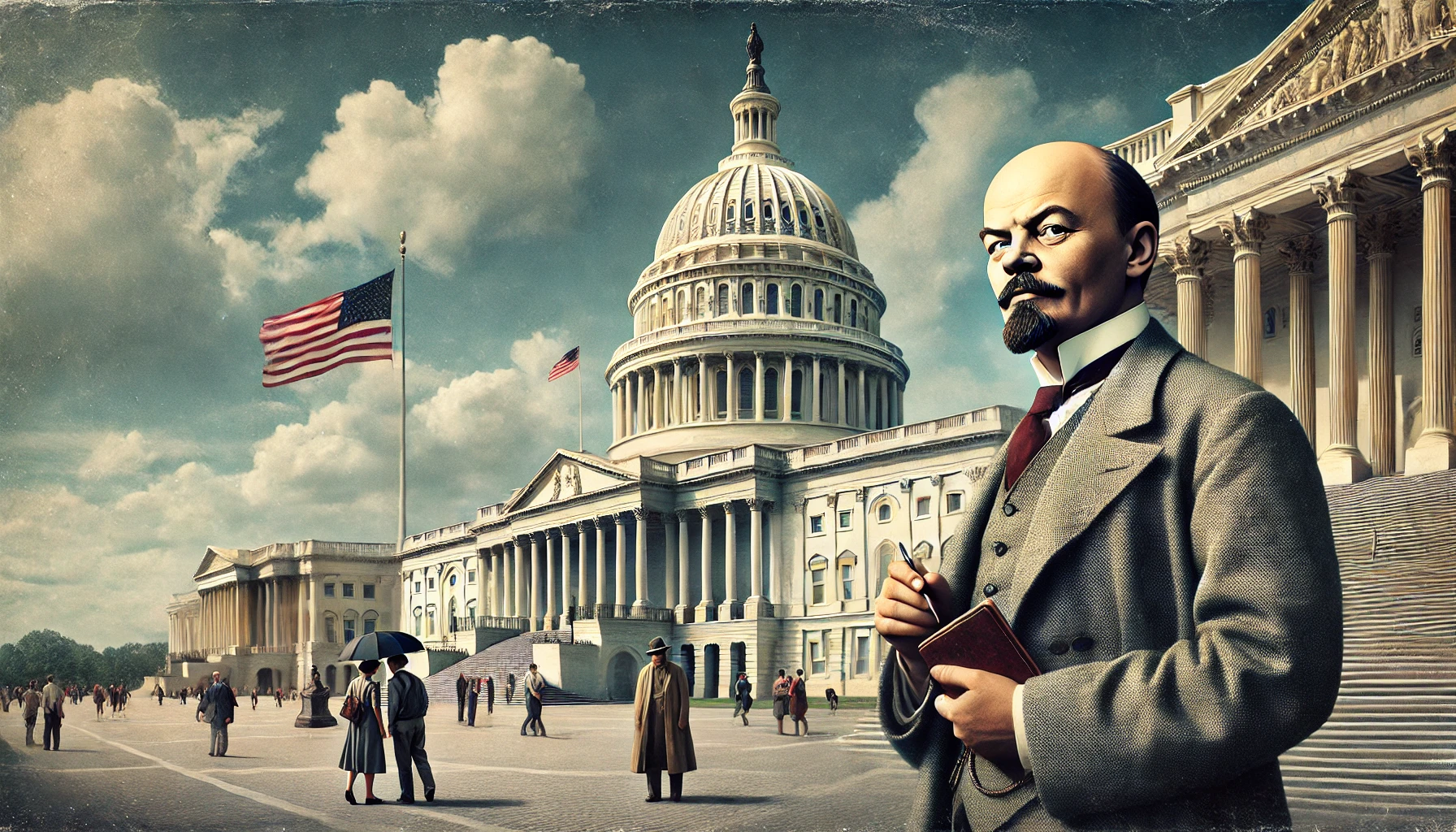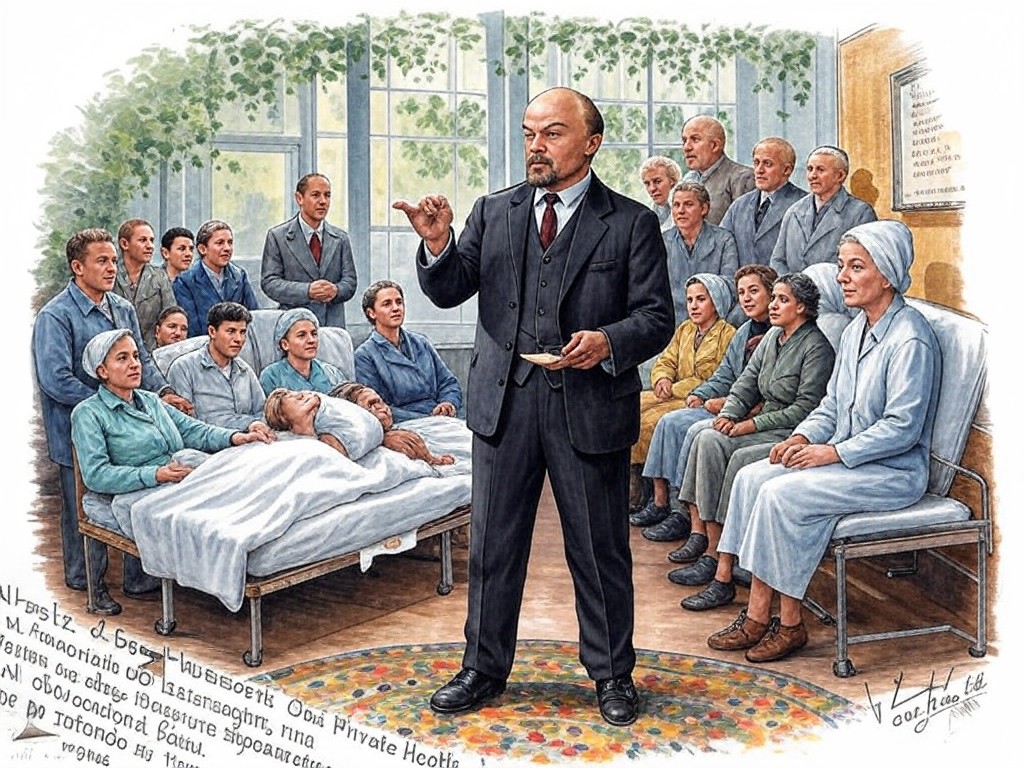Lenin’s Legacy in Cancel Culture: Are the Targets of Modern Purges Necessary Collateral?
Cancel culture has emerged as a defining phenomenon of the digital age, where individuals or organizations face collective social or economic ostracism for controversial statements or actions. This modern practice mirrors Lenin’s purges, where dissenting voices were silenced to protect the revolution. In both cases, the justification lies in the belief that societal progress outweighs individual consequences.
Supporters of cancel culture argue that it holds powerful figures accountable and amplifies marginalized voices. Public outrage against high-profile figures like Harvey Weinstein or controversial brands sends a message: harmful behavior and rhetoric will not be tolerated. For many, this accountability represents a form of justice that traditional systems have failed to deliver.
However, critics warn that cancel culture often devolves into mob rule, punishing individuals without due process. Social media amplifies outrage, making it easy to ruin reputations based on incomplete or false information. Lenin’s purges, while aimed at consolidating power, often targeted innocent people caught in ideological crossfires.
Cancel culture also raises questions about free speech. By silencing dissenting views, society risks creating echo chambers rather than fostering meaningful dialogue. Just as Lenin’s regime stifled opposition to secure its vision of progress, cancel culture risks trading liberty for perceived justice.
To move forward, advocates must balance accountability with fairness, ensuring that actions align with principles of justice and due process. Only then can this modern form of “revolutionary cleansing” achieve its aims without unnecessary collateral damage.
Originally posted 2024-08-24 11:39:42.



